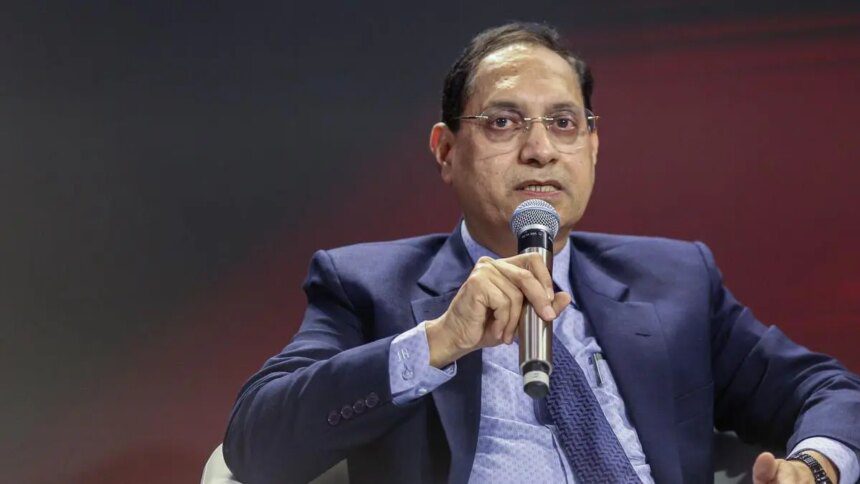The Securities and Exchange Board of India (SEBI) aims to double the number of investors in the country’s securities markets within the next three to five years by implementing simpler regulations, facilitating easier onboarding, and expanding outreach to areas beyond major cities.
Speaking at the CII Financing Summit, SEBI Chairman Tuhin Kanta Pandey emphasized the significant gap between investor awareness and actual participation. “SEBI’s role over the next 3-5 years is to double the number of investors in the market,” he stated.
According to SEBI’s recent survey, 63% of households are familiar with the securities market, yet only 9.5% currently invest. Additionally, 22% of households are considering investing in the upcoming year, highlighting the potential for growth if access and understanding improve.
Pandey noted that market development must be supported by increased supply — through equity, debt, and other issuances — alongside greater demand from households and smaller towns. SEBI has already adjusted distributor incentive structures to motivate the onboarding of first-time investors from B-30 cities and to enhance female participation in mutual funds.
SEBI Regulations
A thorough review of SEBI’s regulations is currently in progress to eliminate redundancy, clarify ambiguities, and update outdated constructs. “Our agenda is not about adding more rules. It’s about shaping a smarter rulebook that is more understandable, proportionate to the risks it addresses, and supportive of innovation,” he explained.
In recent years, the regulator has focused on simplifying market processes for issuers, investors, and intermediaries to face fewer obstacles. The digitization of onboarding and the implementation of a unified KYC framework have minimized duplication, while the proposed CKYC 2.0 aims to enable seamless KYC across the financial sector. SEBI is also exploring methods for Non-Resident Indians (NRIs) to complete KYC processes and open demat accounts from abroad without the necessity of physical presence in India.
For foreign portfolio investors (FPIs), SEBI aims to shorten registration timelines to just a few days through digital submissions and streamlined documentation. Pandey remarked that FPI inflows are now balanced by robust domestic investor participation, which continues to be a stabilizing force in the markets.
“There will always be external risks, whether trade-related or from global financial markets. However, India’s growth narrative is underpinned by strong fundamentals, favorable demographics, a skilled talent pool, and sustained public and private investment. Together with investor trust, these factors serve as a buffer against unforeseen shocks,” he asserted.
In fiscal year 2026, equity capital has surpassed ₹2.5 lakh crore, while corporate bonds have approached nearly ₹5.5 lakh crore within just seven months. These figures reflect more than just capital buoyancy; they signal public confidence that equity markets can effectively and reliably satisfy long-term financing needs.
Published on November 17, 2025.










